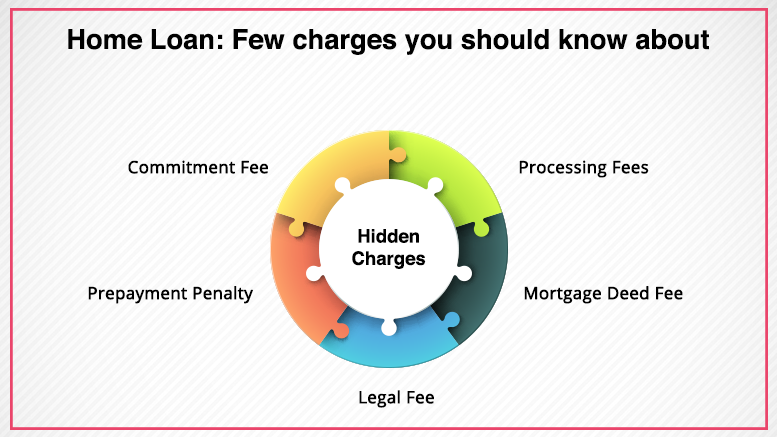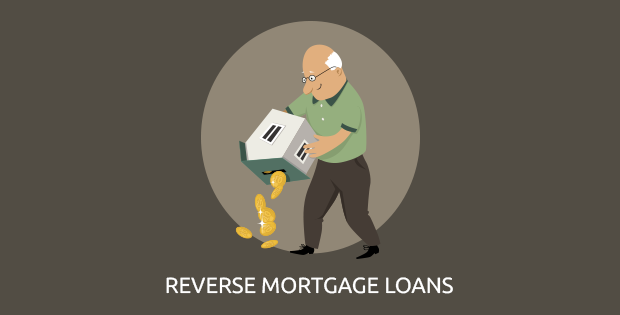
- About Us
- OUR OFFERINGS
- CALCULATORS
- RESOURCE CENTRE
-
Quick Links
- Existing Customers Benefits
- Become a Partner
- Pre-Approved Projects
- Home Loan App
- Blog
- CSR
- Locations
- Roi Switch Policy
- Co-Lending Policy
- Co-Lending Partnerships
- Customer Sensitization Program
- ROI Range
- Borrower Education - SMA/ NPA classification
- Borrower Awareness - RBI Ombudsman Scheme
- Borrower Awareness - procedure for handover of property documents
- NEWS CORNER
-
INVESTOR RELATIONS
- Financial Reports
- Investor Presentations
- Annual Reports
- Notices
- ESG Profile
- IEPF
- Investor Call Transcript
- Corporate Announcement
- Public Issue of NCD'S
- Qualified Institutional Placement
- Investor Relations Contact
- ISO CERTIFICATIONS
- Forms for Shareholder KYC-PAN-Nomination update
- Credit Ratings
- Statutory Advertisements
- ODR Portal
- Rights Issue
- Sustainable Financing Framework
- Disclosures under Regulation 46 of SEBI LODR
- CONTACT US
- Login
 Apply
ApplyOnline

India's 1st Completely Online Home Loan!
-
e-APPLY
-
e-SANCTION
-
e-DISBURSE
Start your eHome Loans Process Now!
Apply OnlineYour Guide to Buying a Mortgaged Property

- Loan Against Property Guide
- May 25, 2018
- VIEWS: 6568
A mortgage loan, or simply mortgage, is used by property buyers to raise funds to purchase real estate. Aternatively, a mortgage can also be used by existing property owners to raise funds for any purpose. Buyers can thus exercise this mortgage while reserving the right to keep possession of the property belonging to another person until the debt owned by the other person is discharged.
In fact, a mortgage is an agreement that makes your home loan possible although the terms mortgage and home loans are often used interchangeably. A mortgage is a written document that gives your lender the right to foreclose your home in case of default. Since real estate is usually very expensive, almost all over the world, most buyers pay 20% down payment while they borrow the remaining 80%. To reduce their risk while lending, NBFCs require you to use the property you are buying as collateral, and that undertaking is your mortgage.
MORTGAGE INTEREST RATE
Most buyers prefer to pay a higher mortgage rate to avoid paying closing costs, even while some homeowners are fixated on obtaining the lowest mortgage loan interest rate even if it means taking money out of their pockets at the time of financing, most buyers, however, prefer to pay a higher mortgage rate to avoid paying closing costs. This category of home buyers prefer to pay one-time fee instead of lower interest rate to save money over the long term. This tactic works if you plan to stay with the mortgage for a reasonable period of time. You will be given the opportunity to buy down your rate when you apply for a home loan,. This requires paying mortgage discount points which are a form of prepaid interest. You can use a EMI calculator for home loans to calculate your EMI for the mortgage.
Mortgage rates are more sensitive to market fluctuations than most other loans. Also known as Mortgage Backed Securities (MBS), these pools of loans are bonds sold to investors whose prices are determined by market conditions. As the prices of MBSs fluctuate in the market, so do mortgage interest rates.
DISCOUNT POINTS
Discount points lower the amount of interest that mortgage borrowers have to pay on subsequent payments and they are a type of prepaid interest or fees. Each discount point generally costs 1% of the total loan amount and depending on the borrower, each point lowers the loan’s interest rate by one-eighth to one-quarter of a percent. Discount points are tax deductible only for the year in which they were paid.
PRIME CONCERN IS LOCATION
One of the prime concerns while buying a property is location. Most new properties are located in the outskirts of the city or on the periphery. This could be a cause for concern as it could be far from your place of work or your child’s school. That is why it might be a better idea to buy an existing built-up home or a resale home which is located at a reasonable location inside the city. Further, essential civic infrastructure like banks, hospitals, markets are located at a reasonable distance from a resale property. You can move inside the flat immediately after buying and do not have to wait for construction to be over.
BASIC DOCUMENTS REQUIRED
You need to have a sale deed to ensure the seller is indeed the owner of the house. You should also get copies of the stamp duty and property tax papers. This process is best explained by an example. Suppose you buy a house of Rs. 70 lakh and the seller has an outstanding loan of Rs. 30 lakh on it. Then there are three different ways in which you can buy the house. One is using your own funds; second is taking a loan from the same NBFC/institution from where the seller took the loan,and third is taking the loan from another NBFC. In all three cases, you can use the Home Loan EMI Calculator or the mortgage calculator to arrive at the EMI and the interest rate for the mortgage loan.
Related Articles:
The post Your Guide to Buying a Mortgaged Property appeared first on Indiabulls home loans.

Difference between home loan and loan against property
A home loan is a high-value loan. It is also one that requires quite an elaborate process in which the buyer has to familiarise himself with several jargons and financial terms.
- Loan Against Property Guide
- May 24, 2019
- VIEWS: 10525

Rules to Follow While Taking a Loan against Property
Do you need a lump sum amount for your business? Have you considered leveraging the value of your property to meet such fund requirements? A loan against your home or office is an excellent option... The post Rules to Follow While Taking a Loan against Property appeared first on Indiabulls home loans.
- Loan Against Property Guide
- Nov 22, 2018
- VIEWS: 11625

9 Factors Affecting Your Eligibility for a Loan Against Property
When it comes to taking major steps in life, the first thing that comes to your mind is ‘How would you arrange for the finances?’ Every new phase of life, whether personal or professional, involves... The post 9 Factors Affecting Your Eligibility for a Loan Against Property appeared first on Indiabulls home loans.
- Loan Against Property Guide
- Jul 25, 2018
- VIEWS: 10816
No Comments
Subscribe
Most Viewed Blogs
Categories
- Home Loans Guide 125
- Home Renovation Loan Guide 3
- Home Loan Transfer Guide 14
- Home Extension Loans Guide 1
- Loan Against Property Guide 28
- Home Loan Interest Rates Guide 2
- Others Guide 8
- Home Decor & Lifestyle Guide 5
- Plot Loan Guide 3
- PMAY Guide 5
- Uncategorized Guide 1
- NRI Home Loans Guide 5
- Financial Resolutions Guide 1
- New Year Resolutions Guide 1
Archives
- Mar 2020
- Jan 2020
- Nov 2019
- Jul 2019
- Jun 2019
- May 2019
- Apr 2019
- Mar 2019
- Feb 2019
- Jan 2019
- Dec 2018
- Nov 2018
- Jul 2018
- Jun 2018
- May 2018
- Apr 2018
- Mar 2018
- Feb 2018
- Jan 2018
- Dec 2017
- Nov 2017
- Oct 2017
- Sep 2017
- Aug 2017
- Jul 2017
- Jun 2017
- May 2017
- Apr 2017
- Mar 2017
- Feb 2017
- Jan 2017
- Dec 2016
- Nov 2016
- Oct 2016
- Jun 2016
- Apr 2016
- Mar 2016
- Feb 2016
- Jan 2016
- Dec 2015
- Nov 2015
- Oct 2015
- Sep 2015
- Aug 2015
- Jul 2015
- Jun 2015








